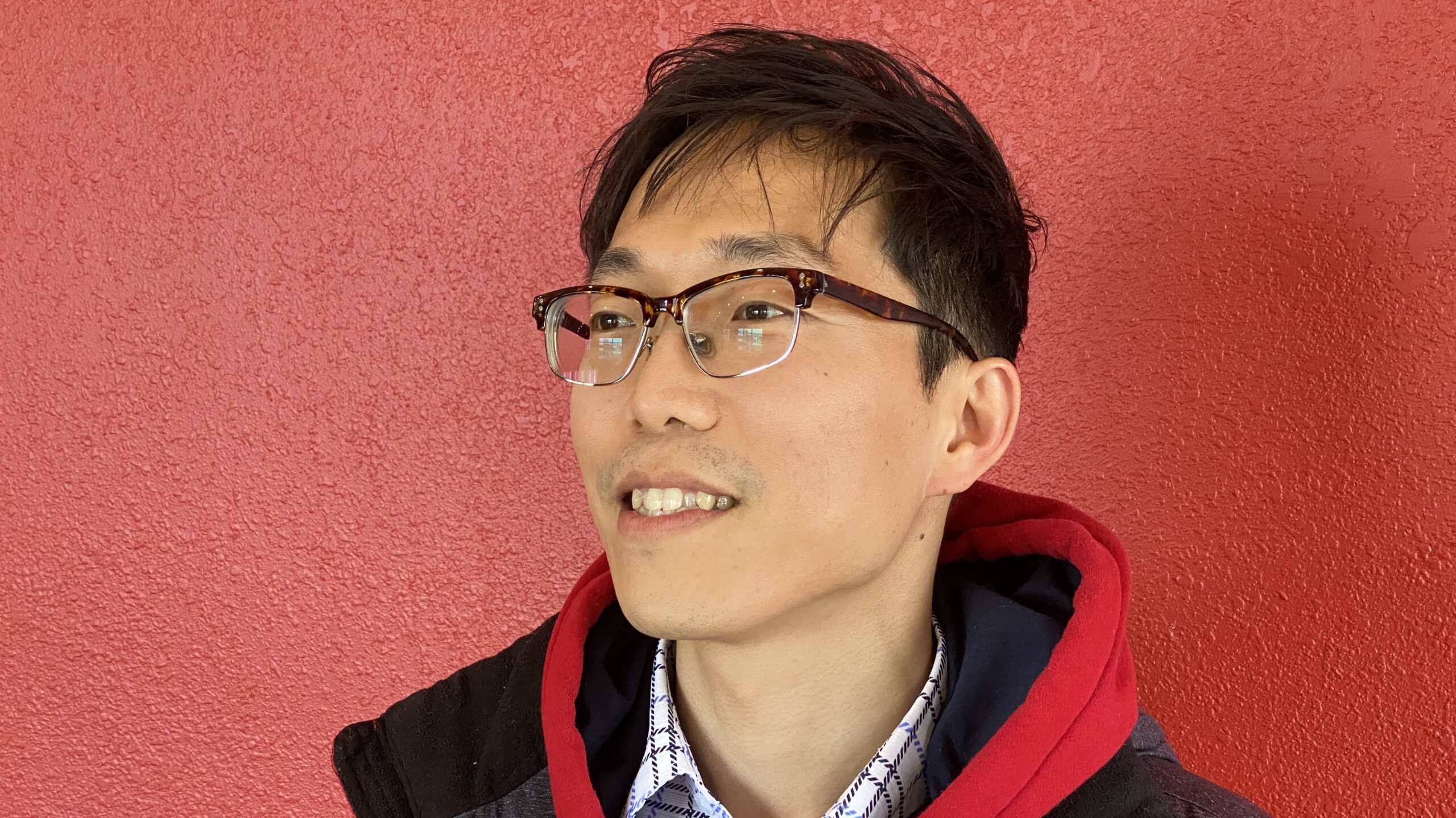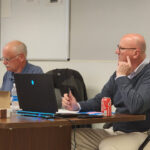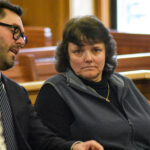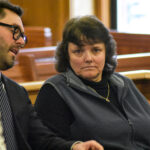
HOULTON, Maine — Victor Han never imagined he would end up in the small, rural town of Houlton, Maine, when he first came to the United States. But even though he’s far away from his native South Korea and the extended family he left behind, the impact of the coronavirus still has had a profound effect on him.
A third-generation Methodist minister (a denomination which has more than a million adherents in South Korea), Han came to America in 2006 to obtain a Master’s of Divinity at the Gordon-Conwell Theological Seminary in South Hamilton, Massachusetts. Following his completion of the program, the church sent him to northern Maine in 2014, where he currently serves as a pastor at the United Methodist Church in Houlton and Hodgdon.
By Han’s account, he and his family are the only Korean nationals living in Houlton.
“It was a bit of a cultural shock,” he said. “Since it’s a rural community it takes time to get to know people and build a relationship. But once you get to know people, it’s like one big family.”
In South Korea, there have been more than 7,000 cases of COVID-19, the official name for the coronavirus, and 50 reported deaths. Han said the epidemic has created a climate of fear, both in Korea and in the United States.
“I see people blaming each other, some people blame China, or in South Korea they blame different political parties,” he said. “The root cause is fear, because of fear they blame and ostracize.”
[What are your questions about the coronavirus?]
Due to the virus’s association with China, where it originated, there have also been reports of discrimination against people of Asian descent in America and other Western countries. Recently, the U.S. Department of Education told schools to address incidents of discrimination against Asian students. In London, a man from Singapore was beaten by a group of men who told him they didn’t want the virus in their country.
But Han says he hasn’t faced any racism or discrimination, and his church and community have been very supportive of him.
“My church family members and the community, because they know I’m from South Korea, they ask if my family is okay, and that they’re praying for me and my parents in Korea. They express their concerns and I feel loved,” he said.
He said he has heard about incidents from his friends in other parts of the country. He said he heard from one friend, a fellow Korean pastor in Connecticut, who had gone to Starbucks with his son to get a coffee and that another family there immediately left after seeing them.
Han hopes in the wake of the crisis, people will focus on supporting each other and drive out any hate. He noted there had been some positive developments in the wake of the epidemic, such as the “After You” movement in Taiwan and South Korea, which looks to give priority to children and the elderly for obtaining hospital masks.
“The Bible says, there is no fear in love, and only perfect love drives out fear. That’s what I believe,” he said. “And Martin Luther King really lived out that conviction in truth, and he says ‘hate cannot drive out hate, only love can do that’ so I believe that.”







